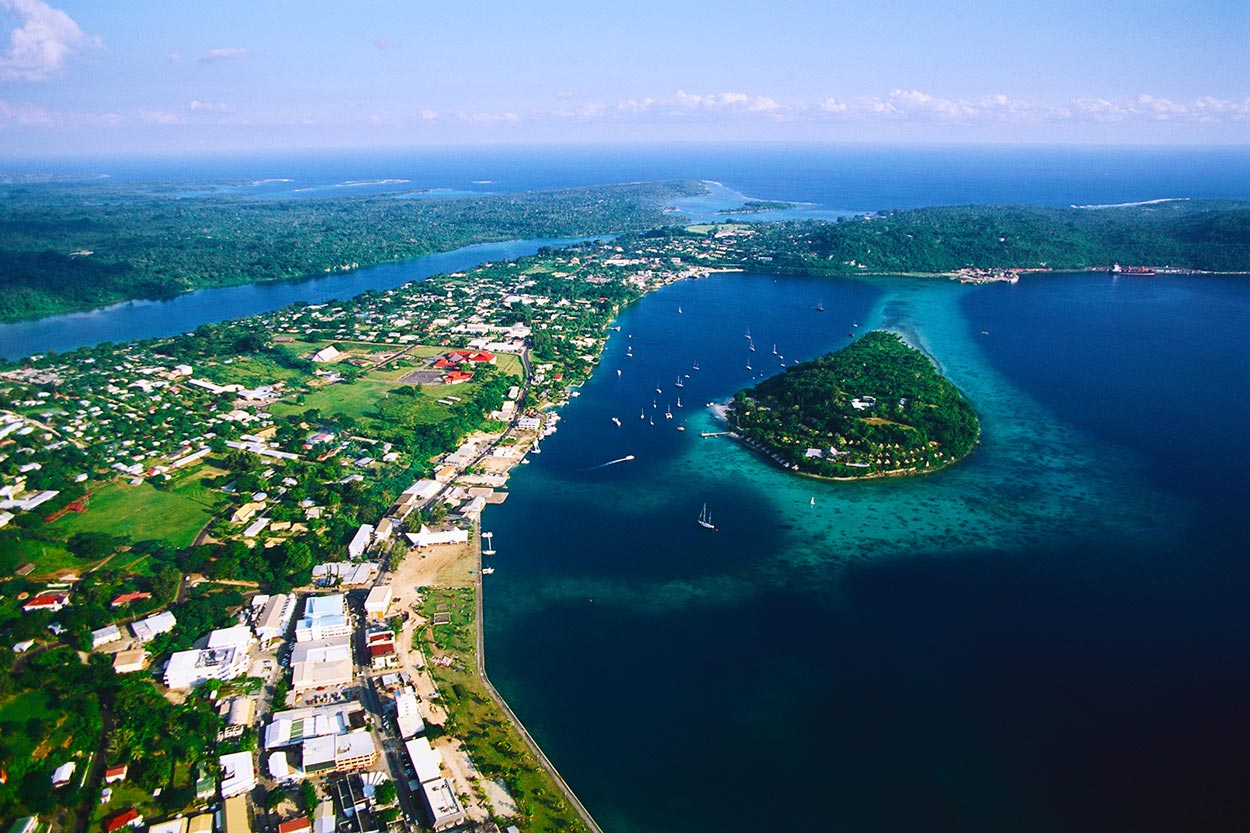Water security in Vanuatu is to be improved under a US$23 million project under the Green Climate Fund (GCF).
The project to climate-proof water sanitation and hygiene infrastructure, and improve water management planning systems, will benefit more than 215,000 people according to the GCF.
Access to water security and sanitation services in the Pacific are rated lower than many other parts of the world. Climate change and disasters exacerbate the risks communities face in getting clean water and sanitation,
While a UNICEF/WHO Joint Monitoring Program put over 40% of . . .
Please Subscribe to view full content...
